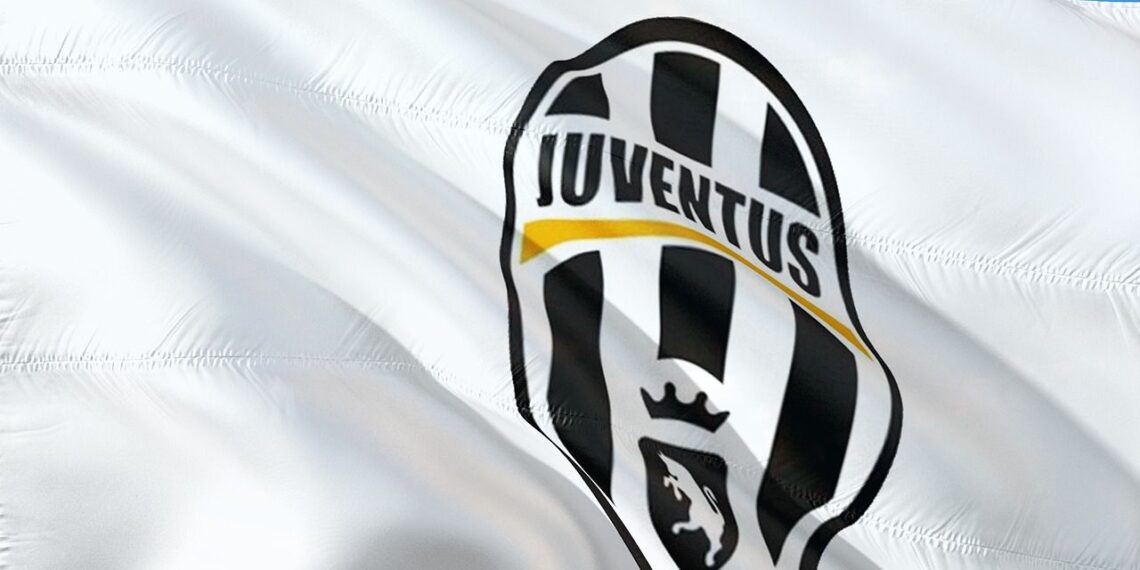In a new hearing concerning Juventus’ past transfer dealings, the club has been hit with a 10-point deduction. Initially, in January, Juve had received a 15-point penalty, but this decision was overturned by Italy’s highest sporting court in April, leading to a re-examination of the case.
The announcement of the revised ruling was made on Monday, just ahead of Juve’s away game against Empoli. As a result of the penalty, Juventus now finds themselves in seventh place in Serie A, outside the European qualification spots.
Napoli has already secured the Serie A title and, prior to Monday’s ruling, held a 17-point advantage over second-placed Juventus.
In April, Italy’s Olympic Committee (CONI) tribunal overturned the 15-point penalty imposed on Juve by the Italian Football Federation (FIGC) appeals court. The tribunal requested a review of the punishments handed out to the club and certain key figures, including former vice-chairman Pavel Nedved.
The lengthy bans imposed on former chairman Andrea Agnelli, ex-chief executive Maurizio Arrivabene, and sporting directors Federico Cherubini and Fabio Paratici have now been upheld.
In response to the decision, Juventus issued a statement acknowledging the ruling and stating that the club “reserves the right to read the reasons to evaluate a possible appeal” to CONI. The statement also expressed the club’s bitterness over the application of sanctions, which seem to lack clear rules and proportionality.
The club is also entangled in criminal proceedings related to its accounting practices, with 12 current and former officials, including Agnelli, potentially facing trial. A high court hearing on October 26 will determine whether the trial will be held in Turin, Milan, or Rome.
Reasons for Juventus’ Points Deduction: The investigation by the FIGC into Juventus’ transfer dealings from 2019 to 2021 resulted in the club being accused of manipulating their balance sheets through artificial gains of approximately 60 million euros from player transfers. The club was found guilty of these charges by the FIGC’s appeals court in January.
Juventus denied any wrongdoing and appealed the decision to a tribunal at the Olympic Committee, which focused on the legality of the punishments imposed by the FIGC.
Although several Serie A clubs were acquitted of suspicious transfer activity by an FIGC appeals court trial last year, Juventus’ case was reopened due to new evidence arising from a separate criminal probe into their financial practices.
Individuals Involved: Chairman Agnelli and the rest of the club’s board, including former midfielder Nedved, resigned in November while the investigation was ongoing. The resignations were deemed to be in the best interest of the club to address the issues at hand.
Agnelli had been at the helm of Juventus for 13 years, overseeing nine consecutive Serie A titles and two Champions League finals. However, the club recorded a record £220 million loss last year.
Agnelli and Arrivabene were banned from Italian football for two years, while Nedved received an eight-month suspension. Cherubini and Paratici faced domestic suspensions of 16 months and two and a half years, respectively.
Paratici, who left Juventus to become managing director at Tottenham before the January ruling, had his suspension extended worldwide by FIFA in March.
Additionally, Juventus is currently under investigation by UEFA, the governing body of European football, for potential breaches of club licensing and financial fair play regulations, which was announced in March.


